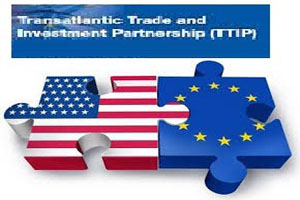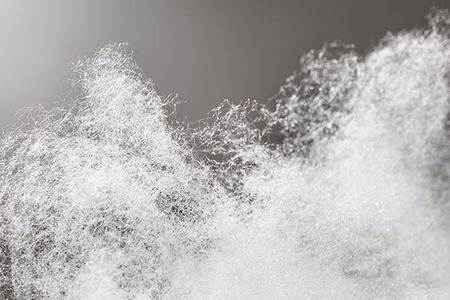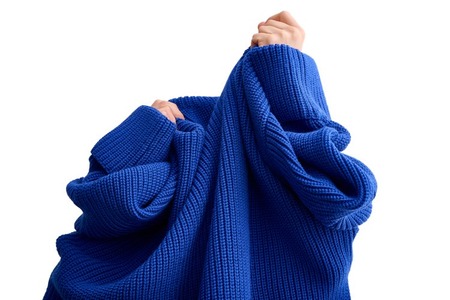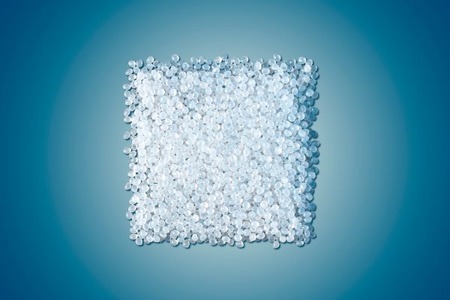
TTIP to remove unnecessary trade duress on textiles and clothing
YarnsandFibers News Bureau 2014-10-16 12:00:00 – USThe European Textile and Clothing Confederation (Euratex) from the time of negotiations over the Transatlantic Trade and Investment Partnership (TTIP) has been closely working with its US counterparts and the European Commission to make sure that companies will benefit from this free trade agreement.
The TTIP offers an opportunity to keep high consumer safety, user information, and environmental standards for the textiles and clothing industry, while removing unnecessary burdens to trade.
The EU textile and clothing industry is an essential pillar of the local economy across the EU regions. The EU is the world’s second largest exporter in textiles as well as in clothing.
It is a dynamic high-tech industry that behinds producing garments also makes a considerable contribution to aerospace, automotive, building, health and other sectors. The EU manufacturers are highly specialised and provide high quality products and innovative goods. Access to the US market is therefore of the utmost importance for the growth and competitiveness of their companies.
On both sides of the Atlantic, they share the concerns about consumer safety, user information and environmental protection.
Euratex is in favour of TTIP because the EU and US producers operate to the same level of standards and consumer safety requirements. For example, clothes must have a label disclosing care instructions, carpets have to comply with flammability specifications and children’s garments should not contain potentially dangerous long cords in both the US and the EU.
Euratex have identified several subjects that need to be tackled in the TTIP negotiations concerning textile and apparel products – labelling, consumer safety, customs procedures and public procurement.
Among labelling requirements, they call for TTIP to address care instructions, garment composition labels and usage of particular labelling for wool products.
Concerning consumer safety, they focus on children products and flammability requirements applied to clothing, home textiles, personal protective equipment and other products.
Currently the EU companies are facing burdensome customs procedures when exporting to the US. The large majority of companies are SMEs that often do not have means and resources to handle difficult rules and procedures.
Delays, penalties and paperwork need to be streamlined in order to facilitate trade and ease exports.
The other issue Euratex wishes to address is an open public procurement, in particular for textile and clothing products.
The European and American companies are used to manufacturing products complying with high standards. But due to different test methods or diverging procedures, they have to go through costly obligations before shipping their goods overseas. The intention is to maintain the high level of standards while eliminating unnecessary burdens that hold back business.
Market Intelligence
Ask for free sample Report

experience
Customer Base
dedicated team
Countries Served Worldwide









